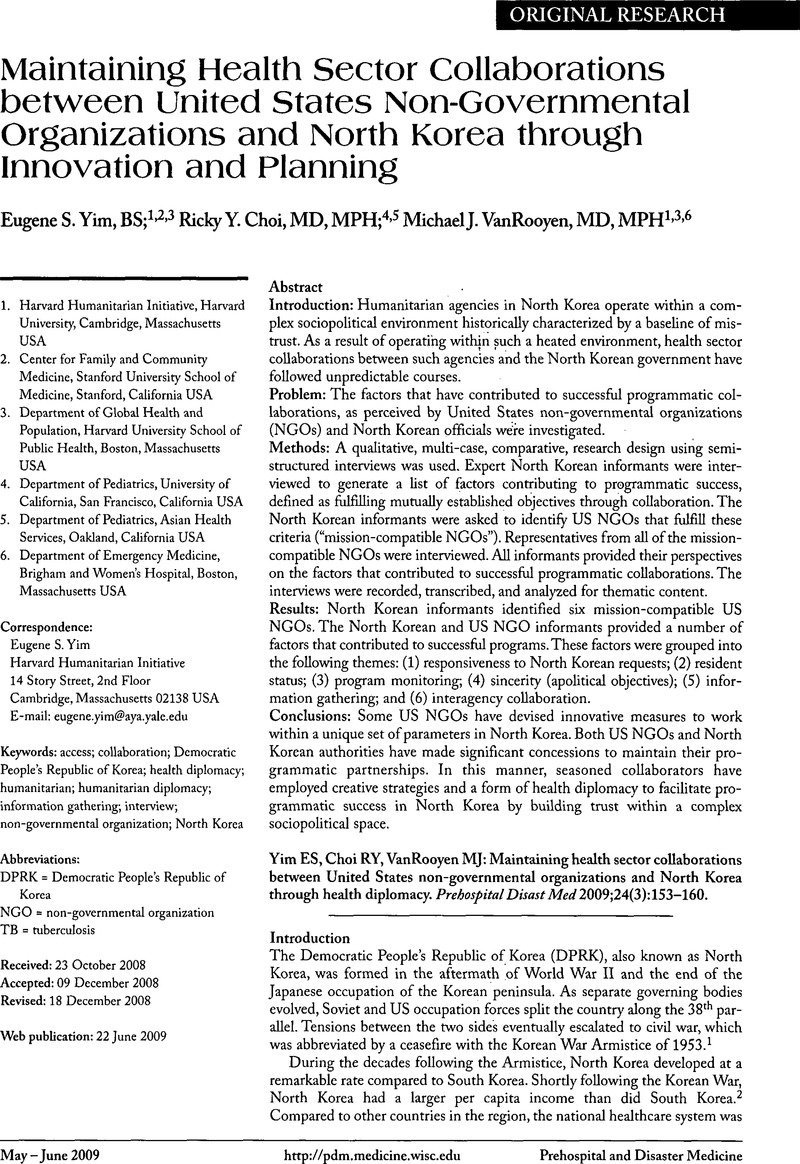Crossref Citations
This article has been cited by the following publications. This list is generated based on data provided by Crossref.
Zeng, Zixuan
and
Lv, Yehui
2024.
Humanitarian forensic action in East Asia: where are we now? A concise review.
Forensic Sciences Research,



